Opinion: Push to ban critical race theory will foster division, not end it
If you're worried about whether critical race theory is being taught in your kid's school, here's a little test you can give to find out if they are being indoctrinated or if you're being gaslighted.
Ask them the following:
In a perfect world, it would be nice if they could answer all five questions correctly. But it's more likely they got none of them right. That's what makes the notion that critical race theory is being taught in our schools so utterly ridiculous.
Ohio legislators have introduced a pair of bills – House Bills 322 and 327 – that seek to restrict the teaching of concepts related to "race or sex" or topics that could be considered "divisive." Never mind that critical race theory is a graduate-level legal study that educators and experts agree is not taught in K-12 schools.
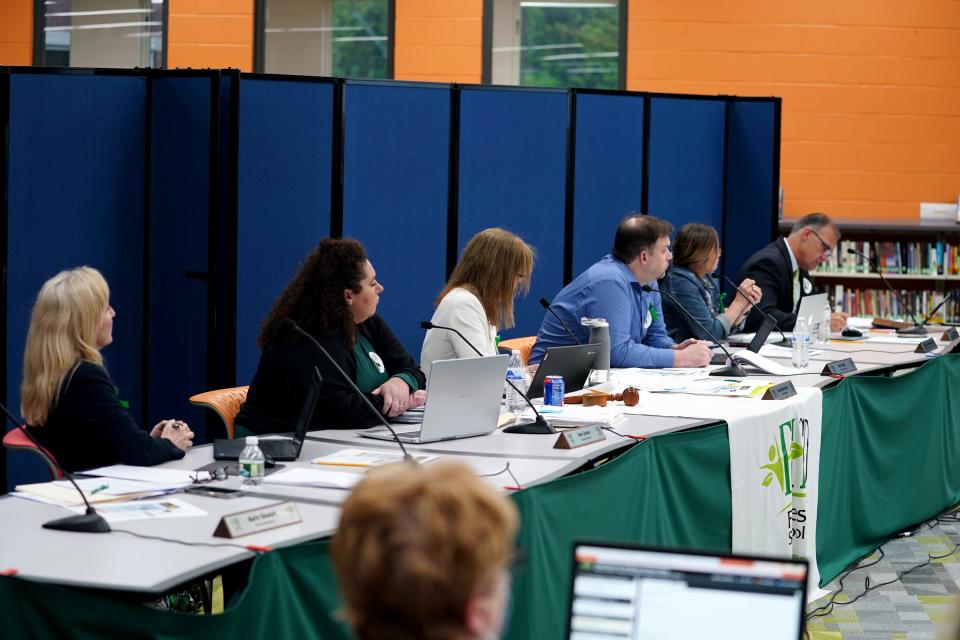
Locally, an eastern Cincinnati suburban school district on Wednesday voted to ban critical race theory, intersectionality, identity and anti-racism curriculum from student instruction, staff training and hiring practices. Teachers in the Forest Hills School District can no longer give assignments that nudge students to consider their race, socioeconomic class, religion, gender identity, sex, sexual orientation, ethnicity, or culture as derogatory. They cannot force kids to "admit privilege of oppression" or to reflect, deconstruct or confront their identities, according to the "culture of kindness" resolution.
More: Forest Hills superintendent candidate drops out after 'culture of kindness' resolution passes
Public schools have been notoriously bad at teaching Black history forever. So the idea that teachers are feeding kids something as complex as critical race theory when some students don't even know the difference between Thurgood Marshall and Judge Judy (yes, a poll conducted a few years ago found that nearly 10% of college graduates thought Judith Sheindlin served on the U.S. Supreme Court) should sound absurd to any reasonable, thinking person.
However, if you're still not convinced critical race theory hasn't crept into your kid's classroom, just consider that the average U.S. teacher is a 43-year-old white woman. Nearly 80% of all U.S. teachers are white and the vast majority are women, according to data from the Pew Research Center. Does anyone really believe that these middle-aged white women feel comfortable or even qualified enough to teach such a theory?
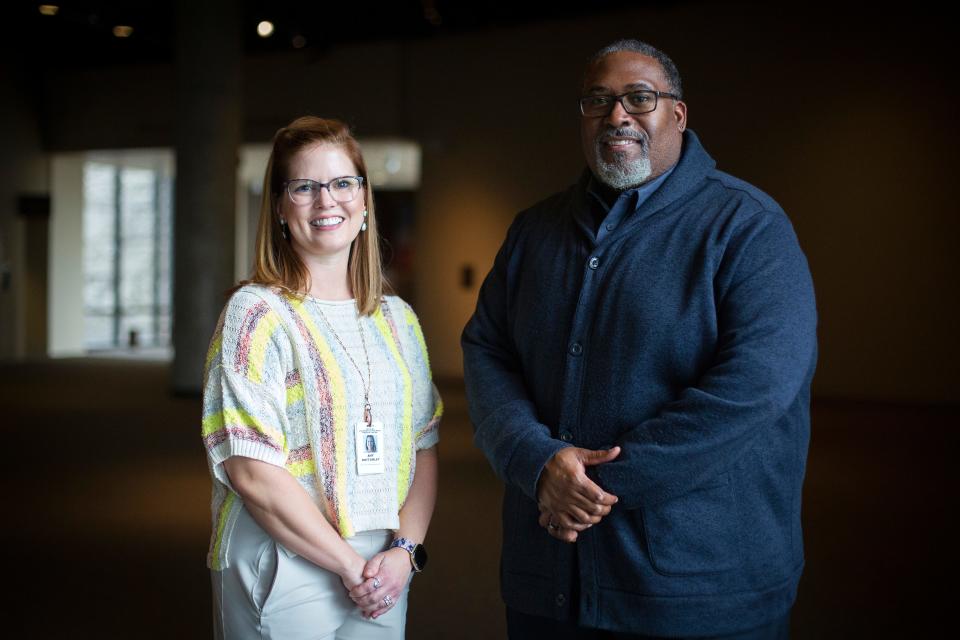
Amy Bottomley, director of educational initiatives at the National Underground Railroad Freedom Center, spent time at the University of Cincinnati preparing students to be teachers. She says her biggest fear is that bills such as HB 322 and 327 will cause teachers to just avoid teaching about the role race played in American history.
"My classes consisted of predominantly white student teachers who were largely afraid of talking about these issues, of teaching about race in the classroom or talking about gender identity or sexual orientation in the classroom," Bottomley said. "They were afraid of parents, they were afraid of pushback, they were afraid they'd end up on the news, and they were afraid they weren't qualified to talk about it."
And that was before these bills were introduced at the Statehouse.
Institutions such as the Freedom Center and the Nancy and David Wolf Holocaust and Humanity Center could become collateral damage from HB 322 and 327. Many area school districts use the museums to enhance the educational experience of their students.
"This type of legislation would impact the education that we do here, but more importantly it would impact the teaching of what is the authentic truth of our history," said Christopher Miller, director of education and community engagement at the Freedom Center.
"The language is loose enough," Bottomley said. "What is divisive and what is not divisive? Someone could decide they don't want their kids to feel bad by taking a trip to the Freedom Center."
On average, the Freedom Center sees about 100,000 student visitors a year. That translates into about 50%-60% of the museum's total revenue. Likewise, the Holocaust Center has seen 25,000 students so far this year, said Jodi Elowitz, director of education and engagement. Simply put, the loss of student tours would be nothing short of devastating for both institutions.
"We know that if these bills pass, some districts will not send students on field trips to a museum like ours for fear that it may not be acceptable," Elowitz said. "When we built the museum, we built it with student groups coming in mind. It would hurt us greatly because our livelihood is by having school tours. It would be a tremendous loss for us."
Elowitz said the bills might also limit the museum's ability to offer professional development for educators and youth leadership programming. "It would be disappointing because that's our main mission to educate, train teachers and build future leaders."
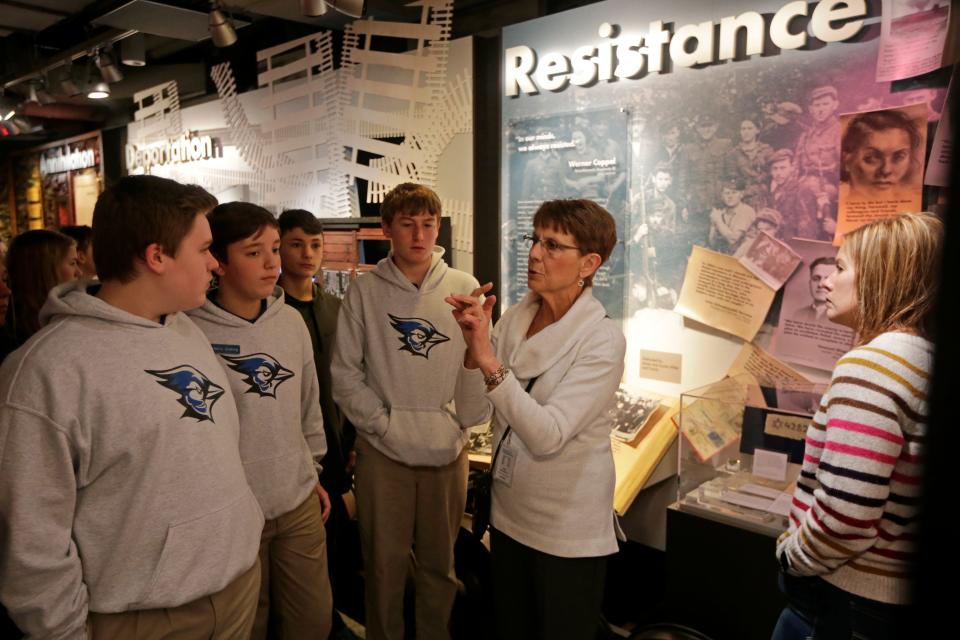
The Rev. Martin Luther King, Jr. once said, "Nothing in all the world is more dangerous than sincere ignorance and conscientious stupidity." These bills introduced by Ohio legislators are conscientiously stupid and will only result in more Ohioans being sincerely ignorant about the history that has shaped this state and our nation.
These legislators know full well that critical race theory is not being taught in schools. And, if they're being completely honest, they know the accurate teaching of American history/Black history falls woefully short most of the time.
No one is arguing for a true telling of history to "make white kids feel bad about being white." Minorities, African Americans in particular, don't want white people to feel guilty; we want them to have a conscience. To develop a better awareness that America's past sins still reverberate today. To be committed to change and progress, not trying to go back to the "good old days" that were anything but good for nonwhites.
No one alive today owned slaves, so how can anyone be made to feel bad? I certainly don't feel guilty about circumstances in which I had no hand. But we should feel the collective shame of our nation's original sin of enslaving people. There is no honor in ignoring it, no matter how many years have passed since emancipation. Learning the truth about America's sordid past shouldn't make anyone feel bad personally, but it should increase our resolve to be better as a nation and individuals, to not repeat the mistakes of the past.
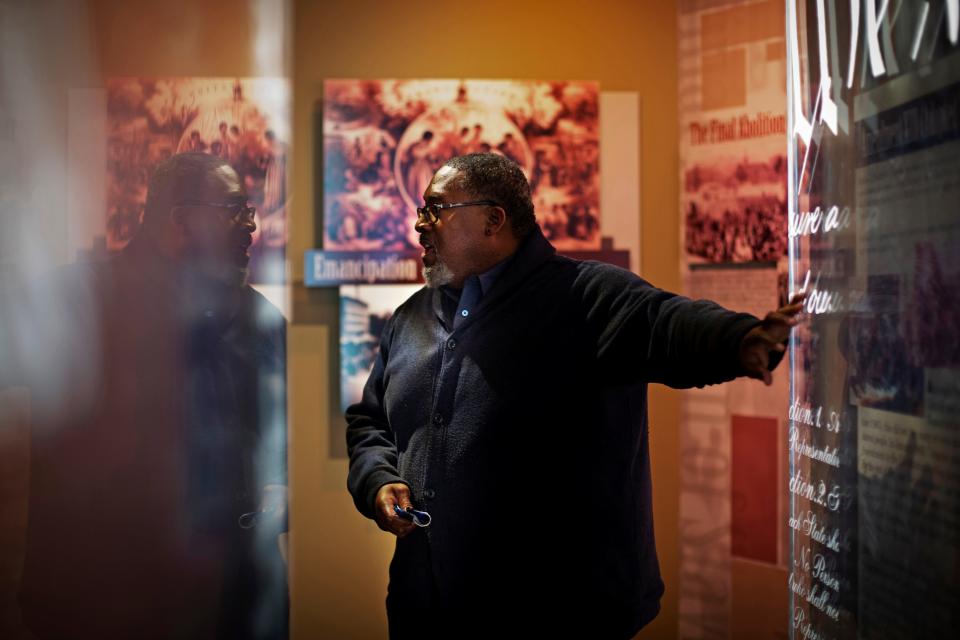
These bills don't do that. These tactics are a throwback to the same shameful chapters in American history that critics of critical race theory don't want to talk about. Don't want your kids to feel bad about their race? Don't pass stupid laws that your children and their children will be embarrassed to say their forbearers passed.
I find it ironic that many who favor these bills are the same folks who argued vehemently to preserve Confederate monuments and the teaching of a discredited version of the history they depict (the Lost Cause). There was no regard given to how Black students might be affected by the teaching of this "other side." No one seemed to care if Black kids felt bad hearing about their ancestors being bought and sold, whipped and hung, and treated as objects by traitors to this nation. I can think of few things more divisive.
HB 322 and 327 won't produce a more informed citizenry. Instead, they would create more disillusioned and hateful Americans such as the gunman who killed 10 Black people at a grocery store in Buffalo, New York, because he wanted to "prevent eliminating the white race." These proposals to end divisiveness will instead foster it.
The bills will hurt essential institutions such as the Freedom Center and Holocaust Center. And students will miss out on gaining a larger worldview and developing the empathy and critical thinking skills our country will so desperately need from our future leaders.
These anti-critical race theory bills are fear-mongering at their worst, and evidence of a more troubling mindset. Or as Miller of the Freedom Center put it: "It comes from the root of ignorance."
Opinion and Engagement Editor Kevin S. Aldridge can be reached at kaldridge@enquirer.com. Twitter: @kevaldrid.
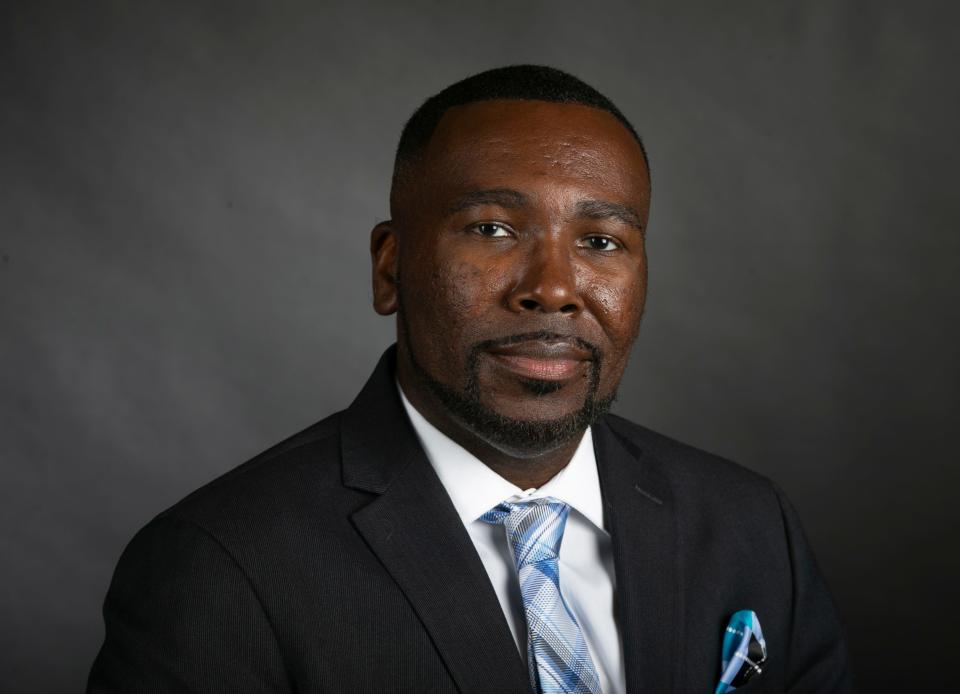
This article originally appeared on Cincinnati Enquirer: Opinion: Push to ban critical race theory will foster division, not end it

